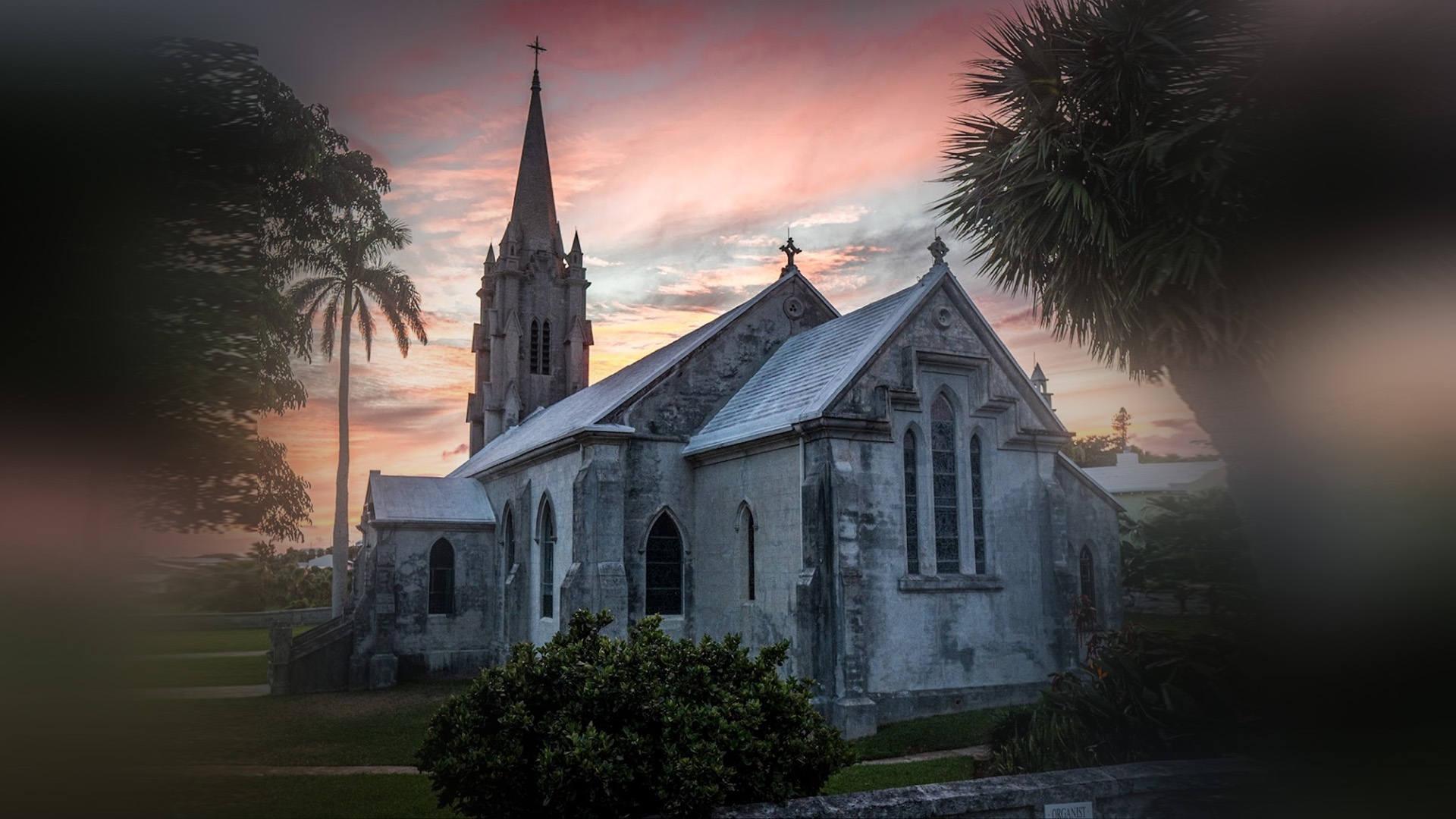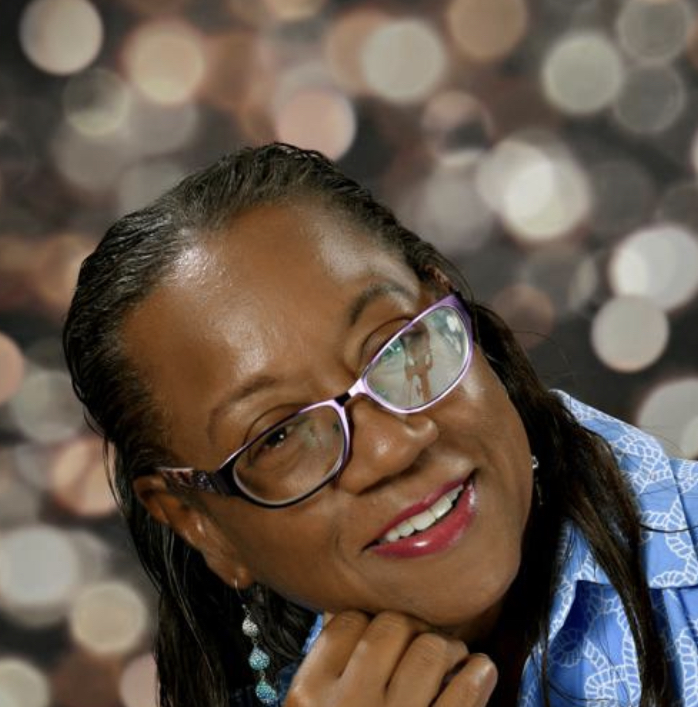Rev Gav
What is God calling us to do?
Our view of God, and our understanding of the story in which we find ourselves, shapes how we ‘be’ and ‘do’ church together. It seems that, in the wider church, there are two opposing narratives to which you can subscribe, and you will hear these two narratives preached from pulpits across the country, and it is vital you decide which narrative you are going to follow.
The first narrative says that this world is doomed, that it is heading for inevitable destruction, and that the role of the church is to convince people to become Christians to save them from annihilation, and to gather in our church buildings as places of safety, to shelter together, and tread water until either we die and get to heaven or Jesus returns.
The second narrative says that God loves this world and is in the process of redeeming it, restoring it, and renewing it, and that one day heaven and earth will one day again overlap in a new Eden, and that the role of the church is to be bringers of heaven to earth, and to invite people to meet Jesus and join in with the ongoing mission of God in the world.
Well, if you have read or listened to any of my messages, you will know to which camp I belong! However, what we believe about this overarching story — or the gospel — matters, because it shapes how we ‘do’ and ‘be’ church.
John Mark Comer, in his book, Practicing the Way describes the gospel as this:
“God has drawn near to us in Jesus — us, we who are sinful, broken, wounded, mortal, dying, and incapable of self-saving, with many of us completely uninterested in God or even enemies of God — to draw us into his inner life, to heal us by immersing us within the fold of his Trinitarian love, and then to send us out into the world as agents of his love.”
Agents of his love. That is it. Exactly. We are God’s ambassadors or agents in the world, called to proclaim Jesus Christ as Lord and be witnesses to God’s love. In other words, we are called to be a blessing to the world.
Jürgen Moltmann (I always feel it is a good idea to quote someone far brainier than me) wrote, “The church of God does not have a mission but the God of mission has a church.” I love that. It is bang on. And God’s mission is very simple. God’s plan has never changed. He called Abraham to bless the world that the world might know that God is God. He called Israel to bless the world that the world might know that God is God. He calls Christians to bless the world that the world might know that God is God. The point of being a Christian is not just so we can be connected to God or go to heaven when we die. Yes, it is absolutely right, important and necessary that we are connected to Jesus, but the point of the connection to Jesus is so we can join with Jesus, as children of God, in God’s ongoing mission in the world.
Each church or congregation has a collective calling to, together, be a blessing, and I wonder if God gathers us in different communities so we can be effective in fulfilling our calling. One church community cannot do everything. For example, some churches have a mission to be political activists fighting for justice, some have a ministry to the homeless, some have a ministry to advocate for the environment, and so on. I lead St. Mark’s, an Anglican Church, and we have a specific calling.
Firstly, something that sets Anglican churches apart from other denominations is that we exist to serve the whole parish. It is why we are called the parish church. We do not exist for our own members, but for everyone living in the parish. For example, it is why our church hall is not St. Mark’s Church hall but quite intentionally called the Parish Hall. It is why everyone living in Smith’s parish can come for baptism, funerals, weddings, or seek pastoral support and a listening ear.
Secondly, we are called to be inclusive. As a parish church, all are welcome, no matter what gender, sexuality, race, age, or social standing. There are no qualifications to attend our public worship or join our community.
Thirdly, we have inherited majestic church buildings — the glorious (if not a little bottom-unfriendly) space in which we gather, and it is not ‘our’ space but a space built to serve and bless the whole community. We are the current stewards of a space where anyone can come, find a listening ear, support, welcome, and sanctuary away from a busy and frenetic secular world.
Every member of our church is called to this mission, and this mission is driven by a deep-seated theological understanding of a God of mission who has a church, and a church that is sent out into the world as agents of his love.
Amen.









 and then
and then